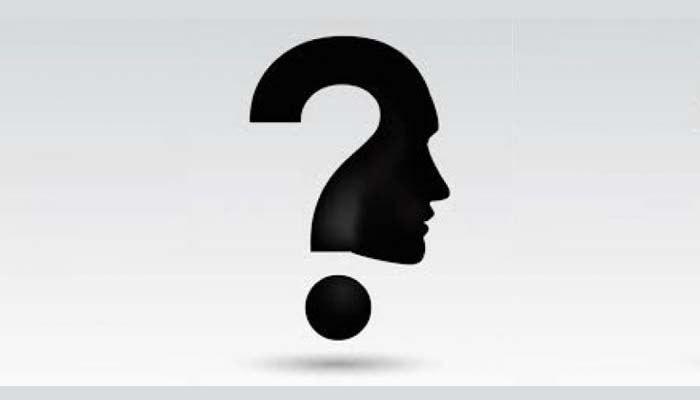
Summary of Homer’s Iliad. The relations between gods and mortals are shown in the poem.
The prevailing view throughout the trojan war is that humans are at the mercy of the gods. The trojan war is described in the Iliad as arising from a battle among the gods, with the gods eventually deciding the outcome. The gods have human-like characteristics since they care over and have love affairs with their favored mortals. Some of the gods are not as virtuous and admirable as their human counterparts, and they have flaws as well. There is, nevertheless, a transparent difference between mortals and deities. Homer describes the gods’ relationships, the gods’ connections with mankind, and the all-encompassing effect fate has on all characters throughout “The Iliad.”
The relations between gods and mortals
In “The Iliad.”, Agamemnon refuses to return Chryses’ daughter Chryseis when Chryses begs with him. As a form of retaliation, Chryses asks apollo to send disease to the Achaian camp. There’s a popular belief that the gods intervene in human affairs to assist people to achieve their goals. The goal of the intervention, on the other hand, is for the gods to make life easier for fate’s hands.
Despite the fact that the gods are aware that they have to reject power over fate, their overpowering emotions sometimes compel them to interfere in human affairs. Plato’s discussion of the gods’ and mortals’ connection argues that piety is the fundamental problem that unites mortals and gods. Hector embodies this position as a kind and religious man. His viewpoint differs from that of Agamemnon and Achilles.
relationship between gods and humans
There is a category of mortals known as heroes or heroines, who are endowed with extraordinary abilities and traits. Except for his heel, Achilles, a valiant Trojan war warrior, is immune. Hector, the trojan hero, and the prince is regarded as one of the greatest warriors of all time.
Iliad Summary
These heroes and heroines serve as a vital link between mortals and gods, with the gods frequently intervening to request the hero in times of handle, require. These heroes and heroines serve as a link between humanity and the gods, as the gods frequently intervene to save the hero in terrifying situations.
Zeus gives Hector the power to attack the Trojan walls during his assault on the Greek camp. Zeus added wind from Ida’s mountains to the din of their march, blowing dust straight towards the ships and the befuddled Greeks.
The Trojans and Hector were being praised by the sky deity. Another instance of divine involvement between the gods and the heroes occurs when Thetis bestows new weapons on his son, Achilles, crafted by Hephaestus All of the metalwork clattered and chimed as he placed the armor in front of Achilles. In his hands, he twisted the polished weapons the deity had given him over and over. The gods’ illogical divine involvement affects the behavior of the heroes and heroines as human beings.
relations between gods and mortals in Illiad
The gods’ connection is one of the most significant aspects mentioned by Homer in “The Iliad”. The gods’ presence gives them a unique perspective on the people over whom they rule. Their elevated authority, everlasting rule devoid of death or pain, and glorious presence among the humans demonstrate a stark difference in their existence.
Fate, for the mortals in The Iliad, relates largely to their goals and is not a factor that governs all other acts. These outcomes are predetermined by fate and cannot be modified or avoided by the heavenly gods. Achilles, the Greek hero, recognizes that if he stays and fights at Troy, he will die there, but his reputation would live on.
The gods wield considerable power in The Iliad: all events are fated to occur during the Trojan War. “This time, strong Achilles, we shall save you,” Hera tells Achilles. Your hour, however, is nearing this time. It is not us who are to blame, but a mighty deity and Fate. This suggests that Zeus and fate are two separate entities, each with control over a mortal. Even the gods’ seemingly boundless power to influence events is occasionally eclipsed by fate’s will.
The presence of the gods in “The Iliad” demonstrates that mortals are unable to recognize the influences that the gods exert over them. The mortals’ numerous acts and decisions lead to them fated demise, which they are ignorant of. The gods’ emotions enable them to sympathize with mortals, allowing them to communicate with one another.
Heroes like Achilles understand that mortal life is brutal and unpleasant and that the greatest hope for immortality is to be recognized for one’s bravery in battle. In “The Iliad”, on the other hand, the happy ties between the gods and the terrible struggles that mankind faces provide a distinct and contrasting viewpoint on the events of the Trojan War.
End
by Md. Rabby Sharif Ador
Read More. Oedipus the King summary
Refrains and sources
- https://www.writework.com
- https://en.wikipedia.org
- https://www.ducksters.com


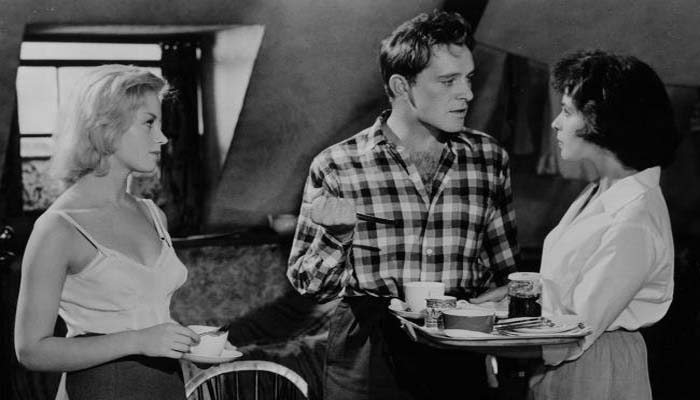

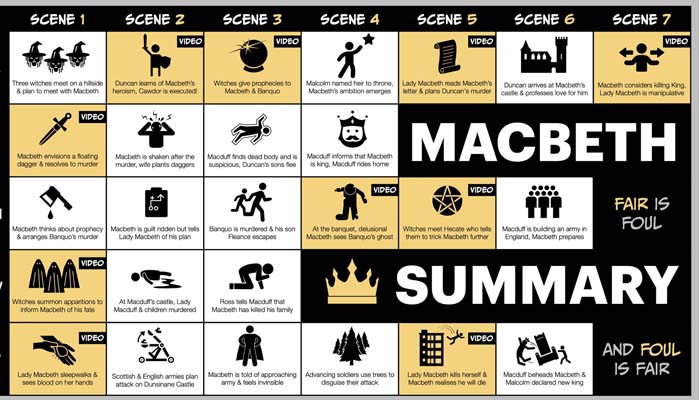
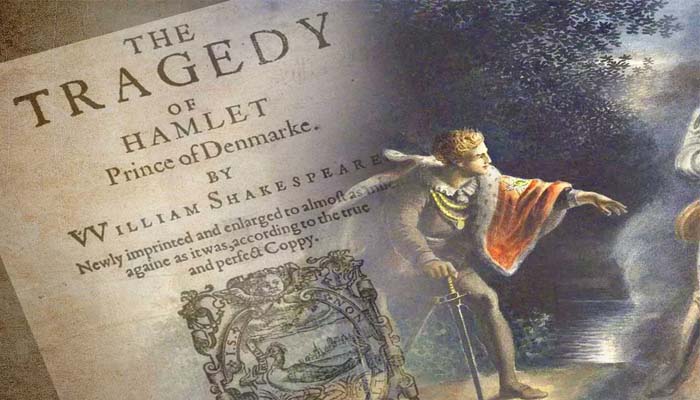

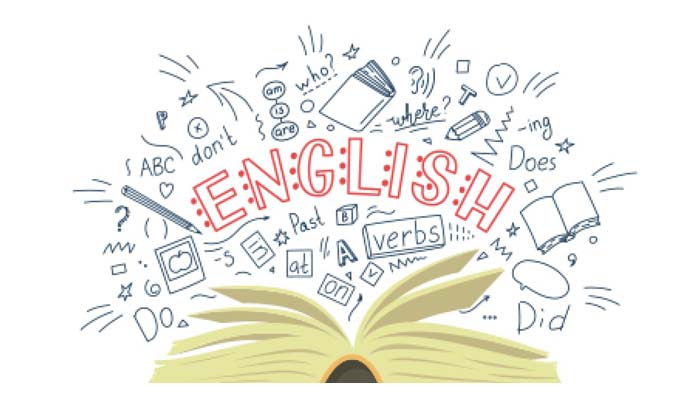
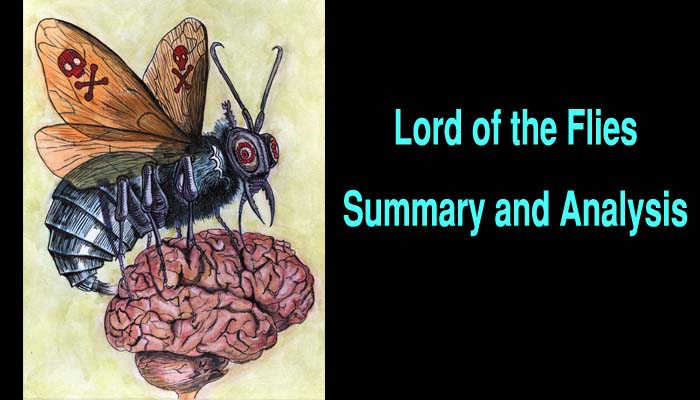

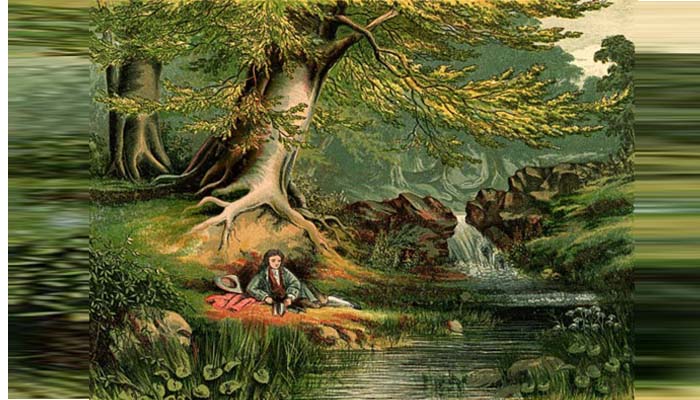
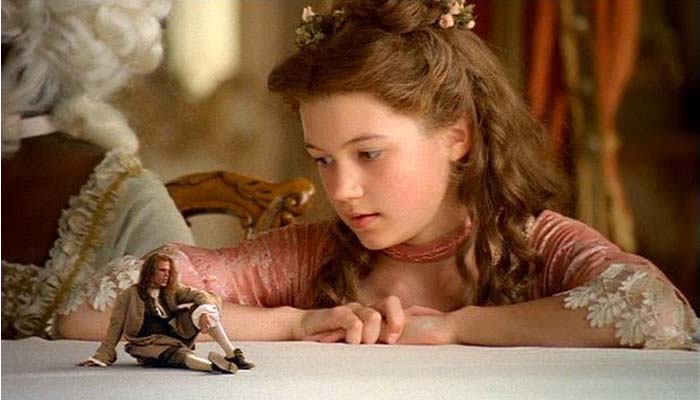
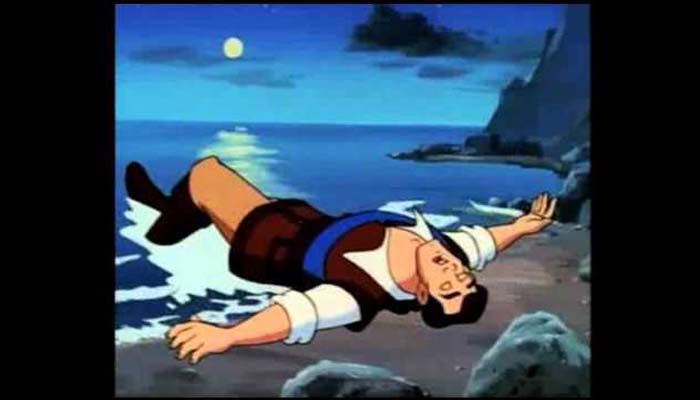
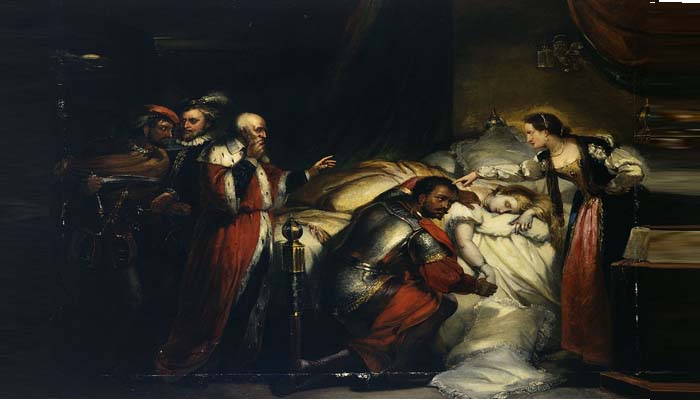
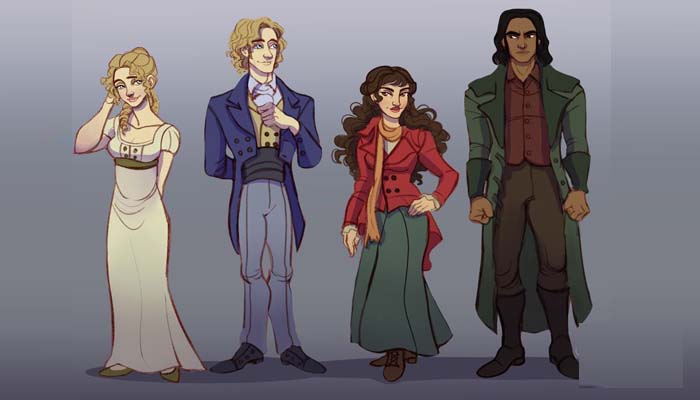


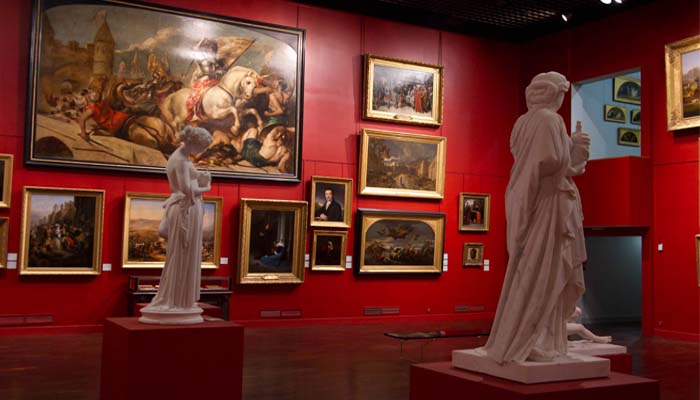

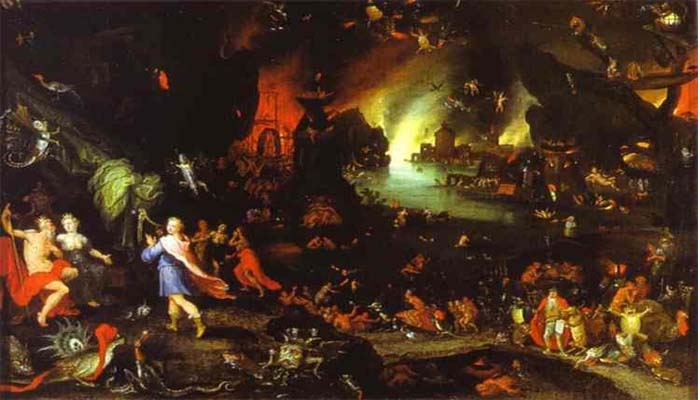
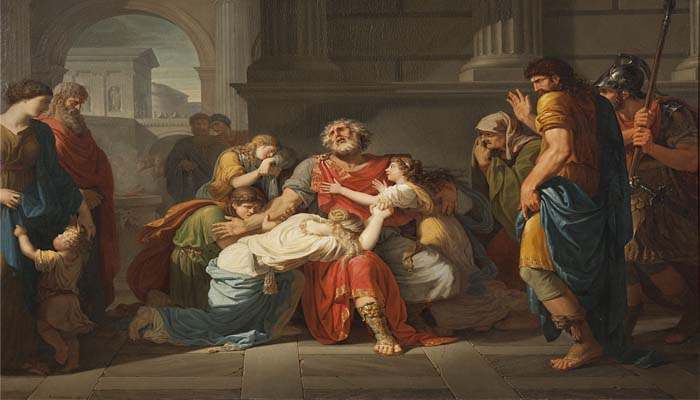
1 comment on “Relationship between gods and mortals in Iliad”